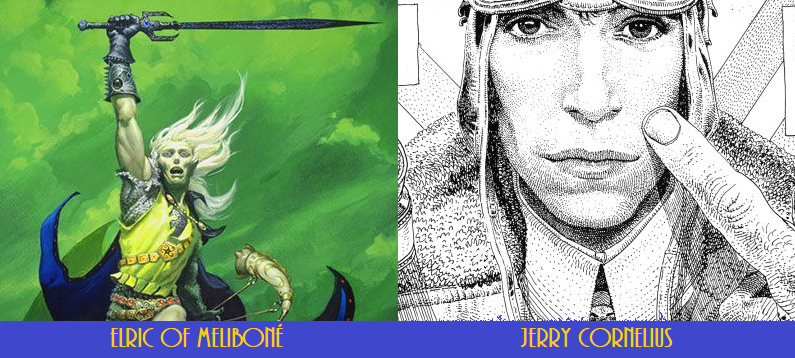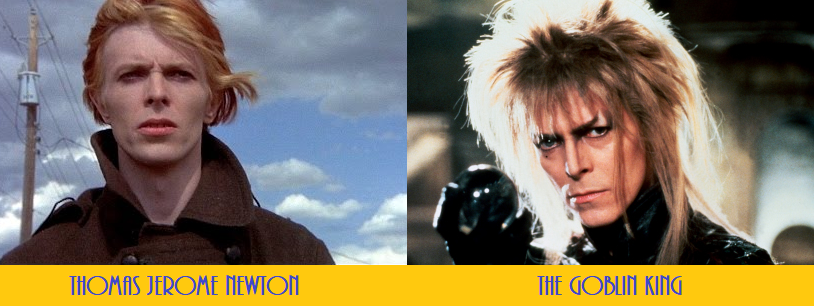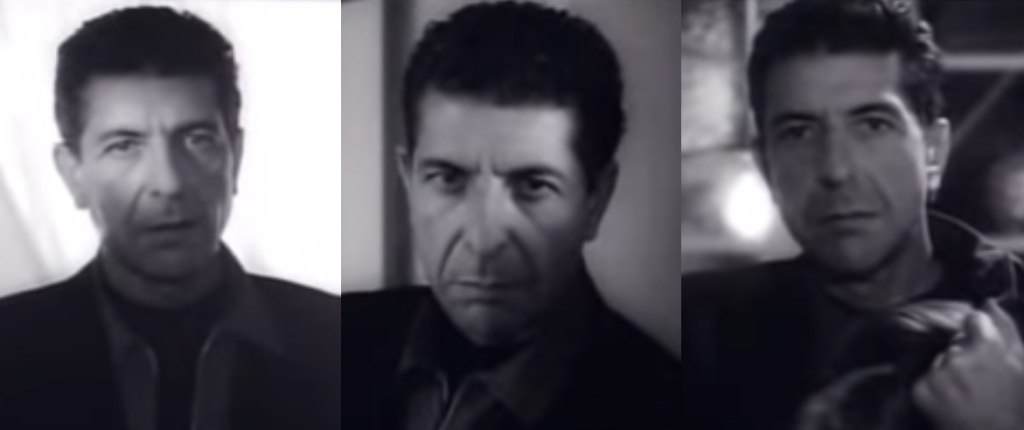This is a nice video of the neighbourhood I stayed in, in Athens:
Archive | Uncategorized
SciFi SongFest, Songs 1-2

As I hinted yesterday, I’m following up my month of Leonard Cohen songs with a series of songs with science-fiction themes. As with the Cohen series, I’ll post two songs per day. (Think of it as a kind of “science fiction double feature,” to coin a phrase.) (Also, note that – again as in the Cohen series – dates given are the year of the song’s initial release, which may be different from the year of composition and/or the year of the particular recording used.)

There’ll be a few differences from the Cohen series, however. One is that this series will last longer than a month. (How long? Until I get sick of it, or too busy. No promises.) For another: I can’t think of any major pop star who has engaged with science-fiction themes more frequently than David Bowie (including, e.g., bits of slang from A Clockwork Orange in non-sci-fi-themed songs I’m not planning to post, such as “Suffragette City” and “Girl Loves Me”). So for the first month and a half or so, I’ll be pairing a Bowie song with a non-Bowie song for each post – attempting a thematic pairing when possible, but it won’t always be. But the series will then continue without Bowie for probably a month or two more. Maybe.
Moreover, while the Cohen series represented, broadly speaking, my favourite Cohen songs, this series isn’t necessarily going to encompass my favourite Bowie songs. While there’s certainly overlap between the sets “Bowie songs with science-fiction themes” and “my favourite Bowie songs,” the intersection is much smaller than either set separately – even interpreting “science fiction” generously, as I intend to (probably a bit more generously with the Bowie songs than with the non-Bowie songs).
I’ll once again be trying for a mix of more and less well-known songs, earlier and later songs, etc. There’ll be a bit more commentary from me this time than was the case for the Cohen series, but I expect commentary will still be the exception rather than the rule.
Turning in passing from Bowie’s sci-fi musical career to his sci-fi film career, I’m sorry that he never got to play the two Michael Moorcock characters (actually two aspects of a single character – long story) he would have been perfect for: Elric of Melniboné, the pale, thin, elven, melancholy, doomed prince-swordsman-adventurer; and Jerry Cornelius, the manic, pill-popping, dimension-hopping, hip, bewildered, androgynous, messianic, rock-and-roll commedia dell’ arte English assassin.

But at least Bowie did get to play the enigmatic alien visitor Thomas Jerome Newton in The Man Who Fell to Earth and the manipulative, seductive Goblin King in Labyrinth, both of whom are kind of in the relevant ballpark.

Anyway, proceeding to our first pair of songs:
1. David Bowie, “Starman” (1972):
The benevolent Starman who might “blow our minds” if he descends is a kind of amalgam of the Martian messiah in Robert Heinlein’s Stranger in a Strange Land (even if Bowie dismissed that book as “too flower-powery” – take that, Lt. Heinlein, you’re too flower-powery for Ziggy Stardust!) and the Starchild who appears above the earth at the end of 2001: Space Odyssey; and the Starman’s call to “let all the children boogie” and “don’t tell your papa” seems flower-powery enough, a utopian vision of the 1960s youth revolt. Moreover, the suggestion that we can induce him to land on earth if we ourselves “sparkle” in response to his visible light in orbit overhead is reminiscent of the lines from Hair:
Good morning starshine
the earth says hello
you twinkle above us
we twinkle below
On the other hand, the Starman’s warning to humanity “not to blow it” is perhaps an echo of the somewhat sterner alien emissary in The Day the Earth Stood Still.
But the song’s central conceit – a terrestrial radio picking up subversive messages from a benevolent extraterrestrial source in orbit – seems above all to prefigure Philip K. Dick’s novels Radio Free Albemuth and VALIS of several years later. Perhaps Dick was influenced by Bowie; or perhaps both were influenced by the famous opening lines of the Outer Limits tv show: “There is nothing wrong with your television set. Do not attempt to adjust the picture. We are controlling transmission.”
Or maybe all three of them were picking up some hazy cosmic jive from … the Twilight Zone. Or, sorry, the Outer Limits.
A different version:
2. Parliament, “P. Funk (Wants to Get Funked Up)” (1975):
On a similar theme of a friendly alien force taking over terrestrial radio transmissions, with a more explicit reference to the Outer Limits opening (and a passing nod to David “Boowie”):
Now It’s Come to Distances
New documentary about Leonard Cohen and Marianne Ihlen. (CHT Gary Chartier.)
Meanwhile, in a parallel universe –
LEONARD COHEN: Your majesty, you inspire my work. You are my muse!
QUEEN VICTORIA: We are not a muse.
Leonard Cohen Month, FINALE: Songs 59-60
June 30:
And now we come to the end of (my blog’s unofficial) Leonard Cohen month. I can’t swear that every song I’ve included is one I prefer over every song I’ve excluded; I’m not at all sure that’s true. (“I don’t mean to suggest that I loved these the best ….”) But any alternative list of my favourites would probably overlap by at least 73.24% with the list I’ve offered. Certainly there were many frustrating omissions, though.
So anyway, here’s the first song for today:
Take This Longing (1974):
And for the second ….
Although I’ve posted the songs in no particular order (apart from trying to mix earlier and later songs, as well as more famous with less famous ones, and very occasionally attempting a thematic pairing) – and certainly not in either ascending or descending order of preference – from the start I never had any doubt as to which song I would pick to wind up this sequence. So without further ado, here are four versions of an especially beautiful song that I think may well be my favourite Cohen song of all, an apotheosis of longing. It’s a perfect superposition of a song – simultaneously joyous and tragic (at least in its later versions). (Of course the ambiguity of “end” plays a role in that; cf. Aristotle, Physics 194b29-33.)
The first version has a video with Cohen looking his absolute coolest ever – I mean, seriously:

Randian hero? Existentialist hero? European film star? Noir hero? Noir villain? Anyway, his coolest look.
and the second one has a Greek musical accompaniment that echoes his days on Hydra; but it’s the third and fourth versions that I find to sound the most lovely, haunting, heartbreaking:
Dance Me to the End of Love (1984):
And as an encore: a lot of good covers exist of these various songs I’ve been featuring, and I’ve resisted posting any of them (in order not to complicate my task); but these two covers of “Dance Me to the End of Love” are too good not to include:
a) Madeleine Peyroux’s version – I’m not crazy about the distracting musical accompaniment (though I’ve grown to mind it less over time) but I love her Billie-Holliday-esque vocal choices:
b) And finally, the Civil Wars’ version – simple, sweet, plaintive, an unexpected stab to the heart:
So will there be some sort of musical series to follow this Cohen series? Why yes, yes there will. Stay tuned. Hint: it’ll be thematically based rather than focused on a single artist; but a single artist will kinda predominate, at least at first. And you may pick him up on Channel 2.
Traduttore Traditore
I’m confused.

Quand Vous Serez Bien Vieille
From Arthur C. Clarke’s Profiles of the Future:
One thing seems certain. Our galaxy is now in the brief springtime of its life – a springtime made glorious by such brilliant blue-white stars as Vega and Sirius, and, on a more humble scale, our own Sun. Not until all these have flamed through their incandescent youth, in a few fleeting billions of years, will the real history of the universe begin.
It will be a history illuminated only by the reds and infrareds of dully glowing stars that would be almost invisible to our eyes; yet the sombre hues of that all-but-eternal universe may be full of colour and beauty to whatever strange beings have adapted to it. They will know that before them lie, not the millions of years in which we measure eras of geology, nor the billions of years which span the past lives of the stars, but years to be counted literally in the trillions.
They will have time enough, in those endless aeons, to attempt all things, and to gather all knowledge. They will be like gods, because no gods imagined by our minds have ever possessed the powers they will command. But for all that, they may envy us, basking in the bright afterglow of creation; for we knew the universe when it was young.

